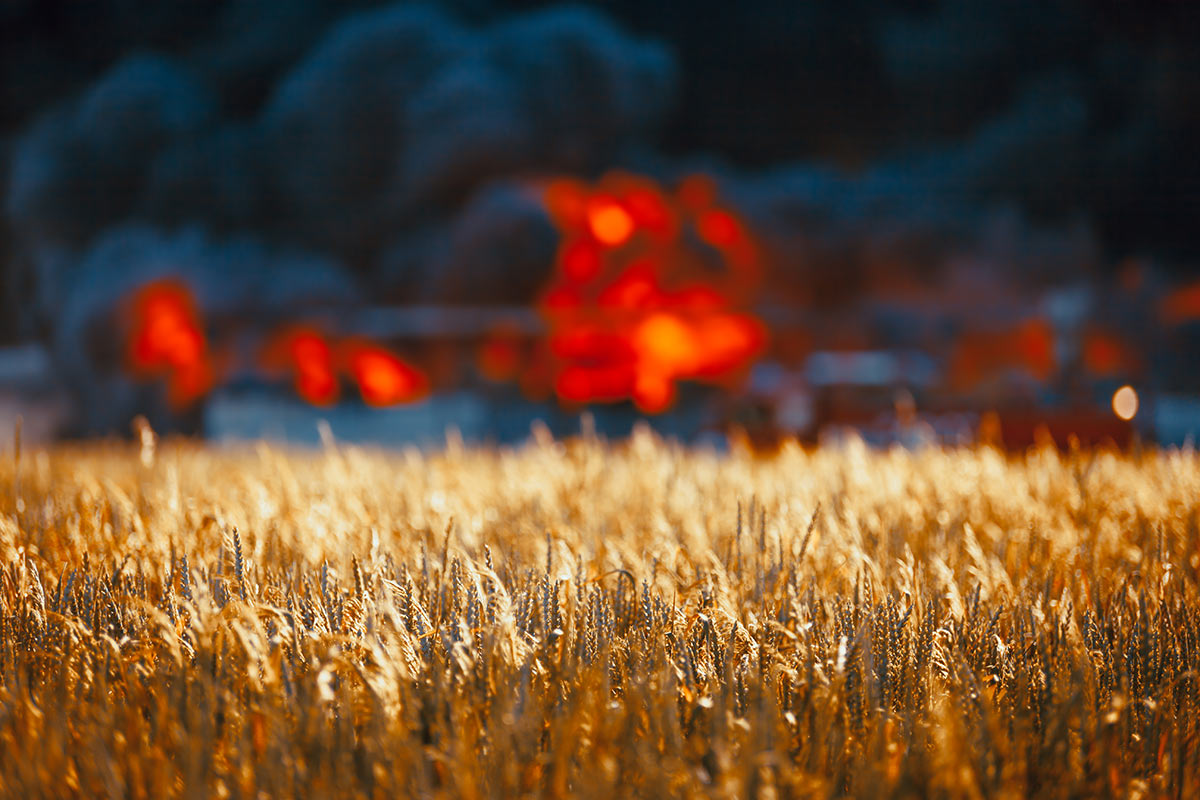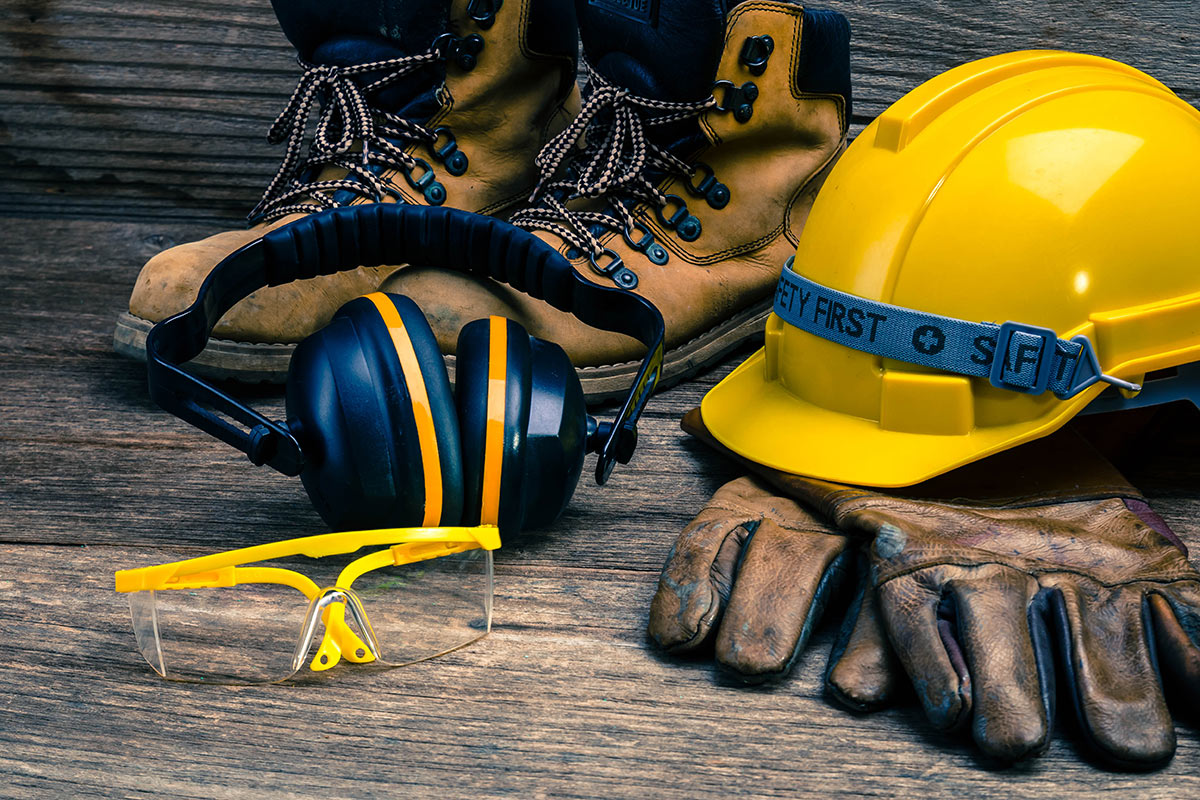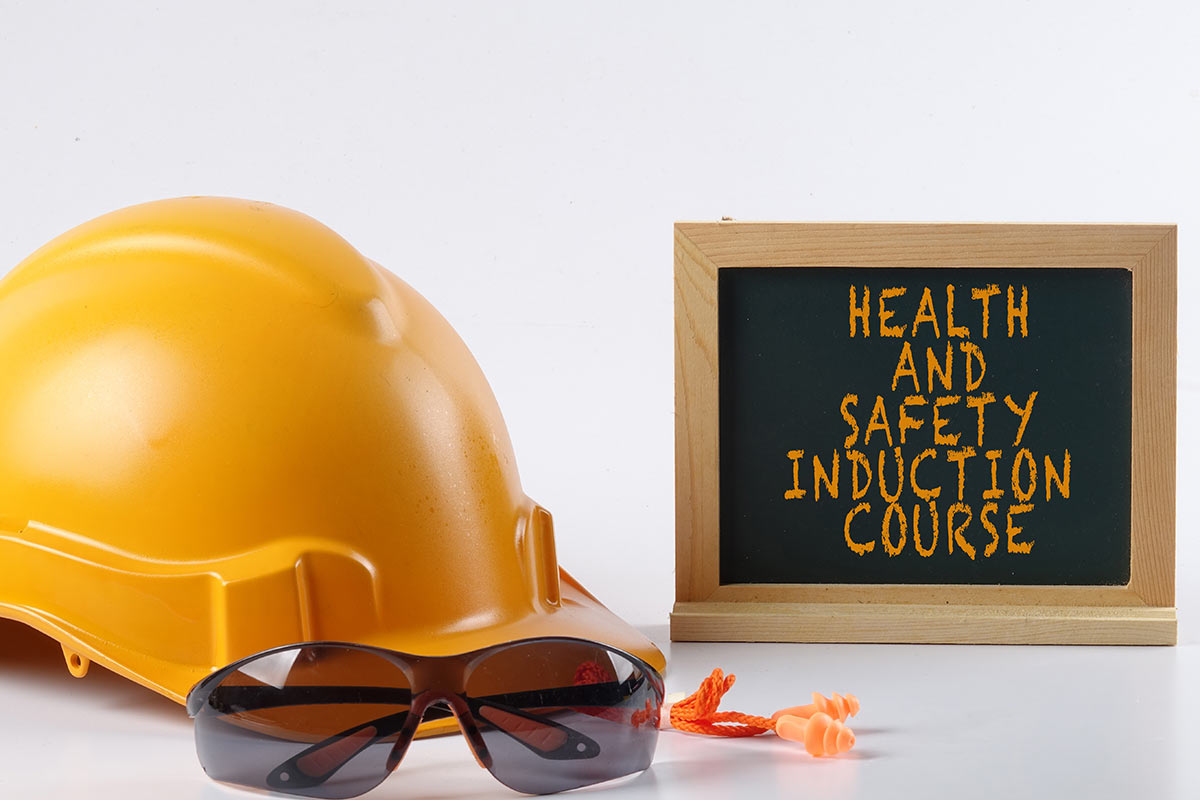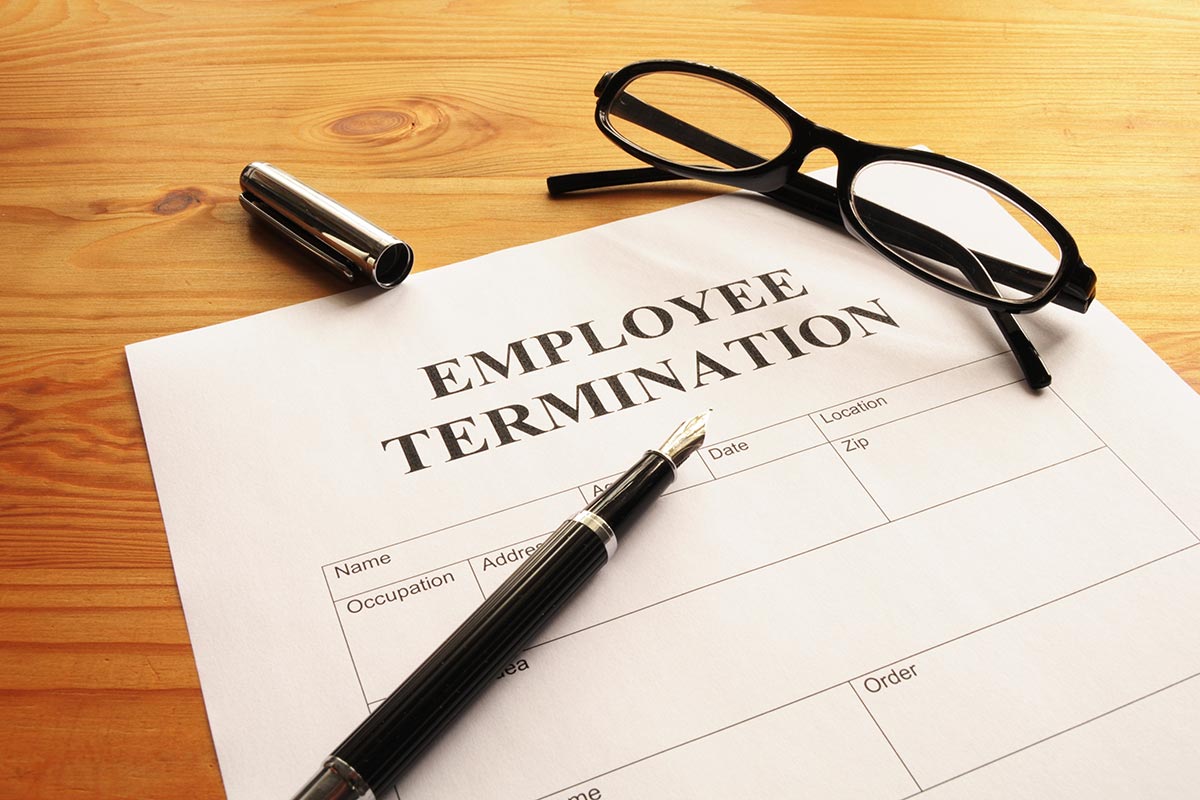Tractor Guarding

Farm work health and safety is a crucial aspect of life on any farm, as there are many potential risks and dangers involved in farm work and the farming environment. This includes tractor safety, and particularly tractor guarding. Tractors are one of the most dangerous pieces of equipment on Australian farms. Safety hazards such as loose clothing can easily be caught in inappropriately guarded tractors, and so it is imperative that all working tractors comply with Australian safety standards. According to the Worksafe handbook for the “Safe use of tractors with attachments” -
Many farmers have been killed or injured after becoming entangled in unguarded or poorly guarded hazardous parts of a tractor. It is critical that moving parts are guarded as far as is reasonably practicable to provide the highest level of protection to workers. Plant operators must also be instructed and trained on safe work maintenance procedures which may also include a person exclusion zone for the work area.




